When the market crashed, many called the city of Happy Valley "Death Valley" because of all the vacant homes and overgrown yards. Now, I'm seeing clients that like the lower price per square foot, views of city and mountains, and one of the top school districts in the Portland Area.
The prices have remained relatively stable this week in the Happy Valley area with the curent median list price is $389,900. Check out this article from last Sunday in The Oregonian.
Good fortune of Happy Valley homeowners reflect rise of housing market
By
on February 22, 2013 at 7:49 AM, updated February 22, 2013 at 10:57 AM
Heidi Caniparoli counts her family as one of the lucky ones. It took time and effort, but they, like her town's housing market, are coming back. The Caniparolis have a home again.
In Happy Valley, one of the Oregon cities hardest hit by the housing crisis, default notices and building permits are back to the pre-recession levels of a decade ago. The Caniparolis, along with local homebuilders and city officials, feel they've turned a corner.
Happy Valley was booming in 2005. The city of about 15,000 people was building twice as many homes as the year before. Caniparoli was happy in her large home, which fit her, her husband, three teenagers, her mom and her mother-in-law. The Caniparolis had a big backyard, and things were good. Until her mother in-law died suddenly.
Without the extra income she was paying in rent, the mortgage became something the family couldn't afford.
"We hung onto it as long as we could, but the market was changing in Happy Valley," Caniparoli said.
The market was changing everywhere. Foreclosures skyrocketed and new construction halted in Happy Valley. With such a boom in the early 2000s, the housing crash shook the city's foundation.
"Happy Valley just became a ghost town. All of the foreclosures and for-sale signs. There was no new construction at all," Caniparoli said.
The town went from having 572 homes built in 2005 to just 70 in both 2009 and 2010. Meanwhile, the neighbors who remained were beginning to get default notices on their home loans. The county sent out about 850 notices in 2005. That ballooned to almost 3,700 by 2010.
The Caniparolis had a lot of competition when they listed their home. Their house was one of many with a sign stuck in the grass out front. They bought their home for $450,000. Over the few years they owned it, they put more than $30,000 into it. Their real estate agent told them the improvements weren't enough to sell the home in such a tough market; they needed to add new carpeting, new granite countertops and paint the walls of the 3,600-square-foot home. They did.
They were told to paint the outside of the home too, but couldn't afford to. "We were competing against so much. It made it so hard to sell," Caniparoli said.
The family fell further behind on mortgage payments and worried about losing the house altogether. After a year with no sale, foreclosure seemed to loom, and they started talking about a short sale.
"Then we all of a sudden got a buyer," Caniparoli said. "It was a huge relief."
A huge relief, but the Caniparolis lost money. They invested $480,000, and the house sold in October 2008 for about $485,000. When you take out the real estate agent fees and other expenses, "we lost everything," Caniparoli said.
The family then moved into an apartment and struggled to adjust to their new way of living. An apartment was an embarrassing step down from ownership. A down payment on a home seemed far off, as did restoration of their credit score, which needed boosting after some late mortgage payments.
The family took time to recover. So did Happy Valley.
By 2010 the Caniparoli family began looking into buying a home again. The city too seemed to get a little more hopeful.
The contractors who were left in town — and there were only a handful — began building a few homes at a time and selling them. The grocery store parking lot stopped looking so desolate. Once again, Caniparoli battled a little traffic on her way to work.
With a low credit score and one child off to college, money was tight. Then she found Tony Marnella.
Marnella owns Monza Homes, one of those few builders still left in Happy Valley. He offered the Caniparolis the option to lease the townhouse they wanted to buy while they saved up for their down payment. The family moved in February 2010 and bought the $260,000 home in August that year.
At that point Marnella too was coming out of his low point. He bought the company in 2007 when the market was good. By 2009 he was selling the homes he built below cost. Two years after that he sold eight homes. Last year he, like Caniparoli and the city, began to really see the comeback. He sold 18 homes. Not his best year. Not his worst.
By some measures the city's housing market is back to what was normal before the boom years of 2005-06 and the subsequent crash. Default notices are on par with 2003 numbers; fewer, actually. Building permits are returning to 2003 levels too; more, actually. The city's building official, Matt Rozzell, said it's been slow and steady growth, although faster than in surrounding towns.
"Happy Valley is a great community, and it's exciting to see it come back. We got hit so hard, so early. It was Unhappy Valley," Marnella said.
Home prices are still far off the highs of six or seven years ago. About 1 in 8 Happy Valley homeowners are delinquent on their mortgages, and many more are underwater. But Marnella and the Caniparolis say the worst is over.
For Caniparoli, leaving Happy Valley was never an option. Her husband went to North Clackamas schools. Her kids are established there. They love the city.
And now they don't have to worry about their landlord selling their living space and kicking them out. They don't have to ask someone whether they can paint the walls. They're home again.
 Facebook
Facebook
 X
X
 Pinterest
Pinterest
 Copy Link
Copy Link



